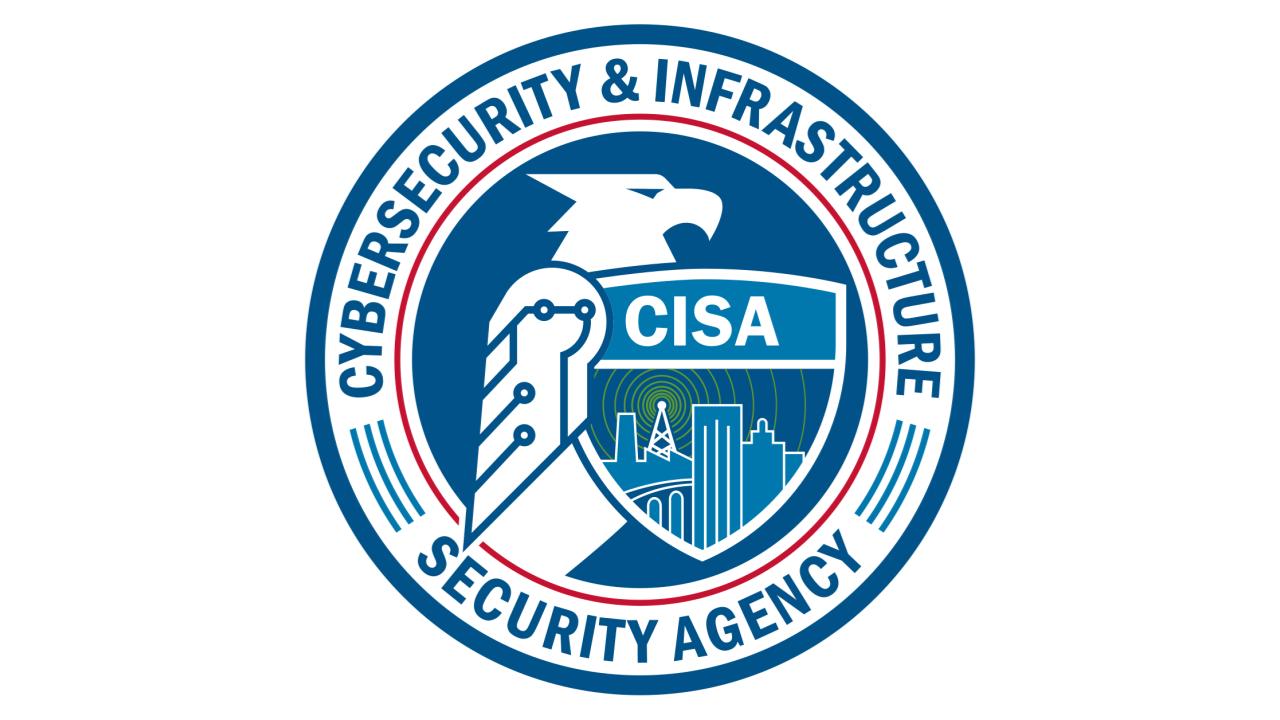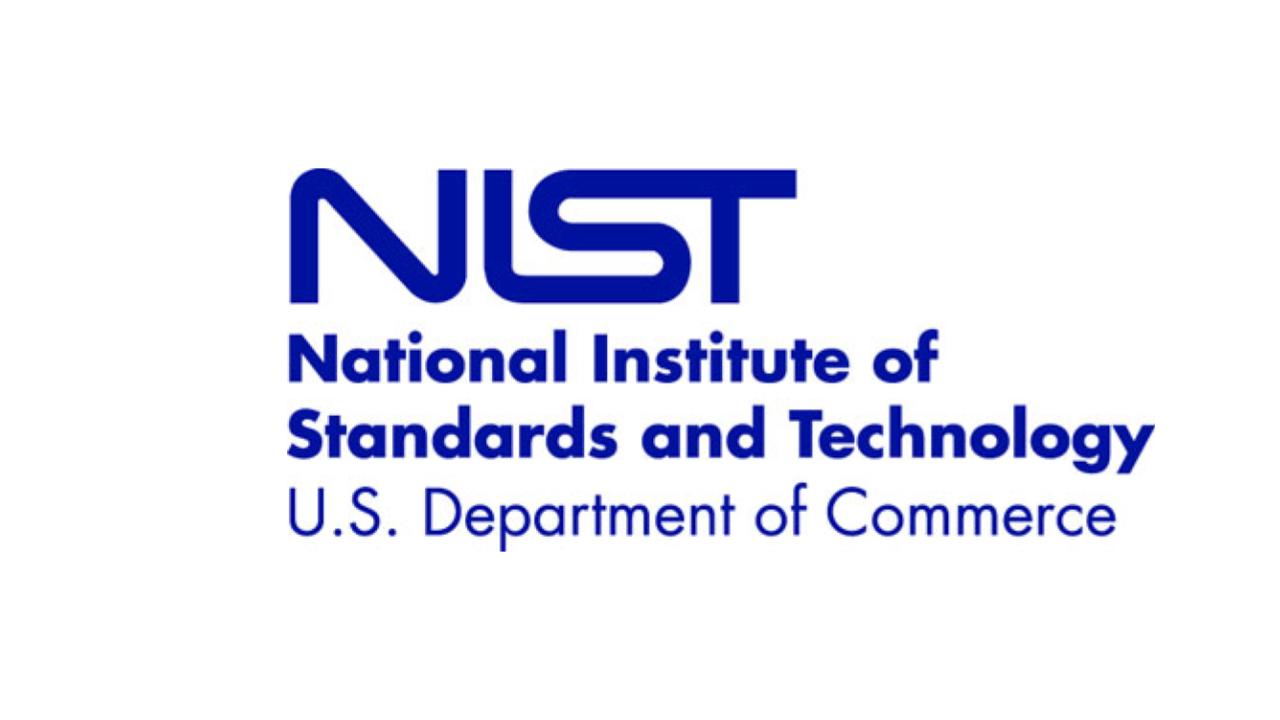The Cybersecurity and Infrastructure Security Agency (CISA) is a component of the United States Department of Homeland Security (DHS) responsible for cybersecurity and infrastructure protection across all levels of government, coordinating cybersecurity programs with U.S. states, and improving the government’s cybersecurity protections against private and nation-state hackers.
- In the ‘About’ section of this post is an overview of the issues or challenges, potential solutions, and web links. Other sections have information on relevant legislation, committees, agencies, programs in addition to information on the judiciary, nonpartisan & partisan organizations, and a wikipedia entry
- To participate in ongoing forums, ask the post’s curators questions, and make suggestions, scroll to the ‘Discuss’ section at the bottom of each post or select the “comment” icon.
The Cybersecurity category has related posts on government agencies and departments and committees and their Chairs.
07/03/2024 (06:47)
https://www.youtube.com/watch?v=4wXVrr8NiHw
A cyberattack on a little-known health care company in February has caused major trouble and serious financial consequences for hospitals, doctors and patients around the United States. Stephanie Sy spoke with Dan Diamond, who has been covering the story for The Washington Post, to learn more about the impact and efforts to solve these problems.
OnAir Post: US Cybersecurity




